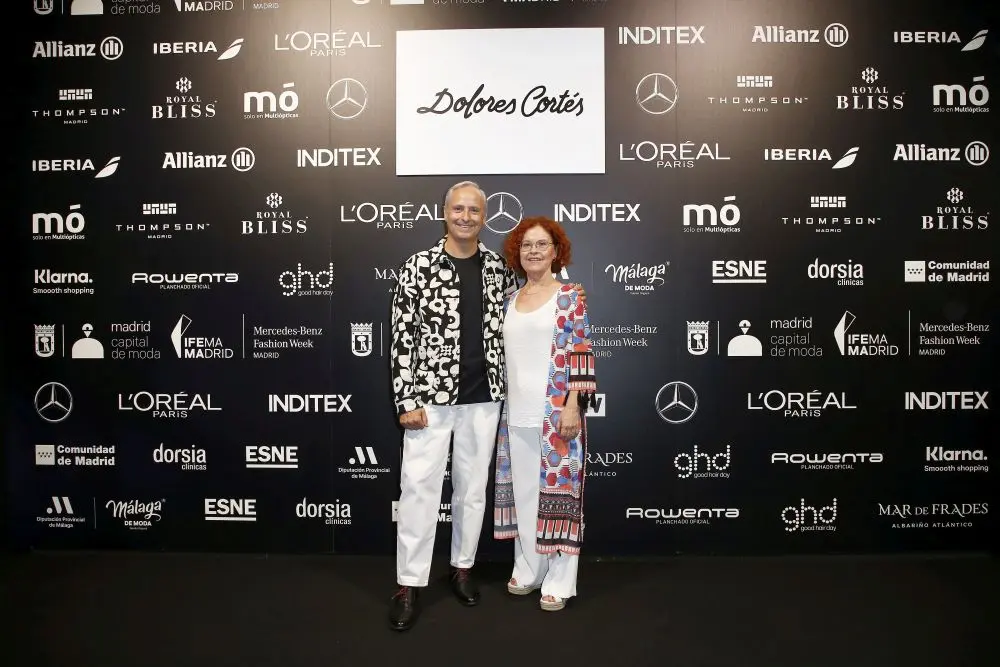Dolores Cortés is the continuation of a family tradition of more than seventy years in the design and manufacture of women’s swimwear, which dates back to a time before the existence of current elastic fabrics, when the designer’s mother, Dolores Cortés, designed these garments in an artisan way in the 50s.
Collecting this tradition, Dolores Font Cortés began in the 80s to design bathroom collections. She produces her models in her own workshop, adopting the name Dolores Cortés as the signature of her creations, in homage to her mother. Thus, she begins a new stage, with the aim of assimilating the concept of fashion to the technical requirements of the product, creating innovative collections in which the swimsuit is a trendy product.
After participating in various international fairs, Dolores Cortés began her career in the world of catwalks in 1999 at the Pasarela del Carmen (Valencia), and made her debut at the Gaudi Catwalk in Barcelona with her swimwear collection for summer 2002. In In 2007 he began his participation in the Mercedes-Benz Fashion Week Madrid without interruption until today. In it, in 2008 she was invited to participate in the Gran Canaria Moda Cálida catwalk and in 2010, she also presented her collections at the Mercedes-Benz Fashion Week Swim in Miami.
In 2012 the designer made swimsuits for the National Synchronized Swimming Team, for the London Olympics.
In 2017, the company Dolores Font Cortés S.A was awarded the National Award for Small and Medium Enterprises in the Fashion Industry, awarded by Her Majesty Queen Letizia.


In 2021 the firm is in charge of creating uniformity for the SO/ Sotogrande Resort in Sotogrande belonging to the Anccor group.
At present, the creations of Dolores Cortés are present in the national and international market through department stores and own stores.
I believe that art is something that makes you breathe with a different kind of happiness
– Anni Albers (1899 – 1994)
2023` Collection lines
The 2023 catwalk collection by Dolores Cortés takes as a reference the work carried out at the Bauhaus by Anni Albers, known especially for her pioneering role in textile art or fiber art, for her innovations in the treatment of weaves and for her permanent search for motives and functions of the fabric. Albers was a key author in redefining the figure of the artist as designer. Hers was an art inspired by pre-Columbian culture and modern industry, which transcended the notions of crafts and labor typical of the female gender.


Prints conceived as pictorial fabrics or textile paintings that become large artistic works combining orthogonal and rationalist shapes. Organic abstract motifs that help to a certain extent to free oneself from the rectilinear rigidity of the Bauhaus, connecting it with the ancient textile traditions, mainly the Mesoamerican and Andean ones, a product of Anni’s trips throughout Latin America.
The combinations in black and white stand out with shades of saturated colors that offer dynamism and vivacity. The geometrically shaped accessories made of resin with a multiplicity of drawings and colors gain importance, highlighting the experimental nature of the collection.
The result, a creative universe where the juxtaposition of graphics and materials immerses us in an experimental environment.





